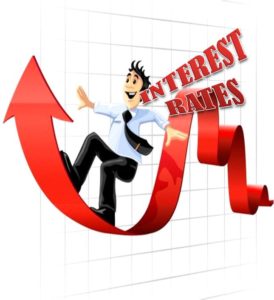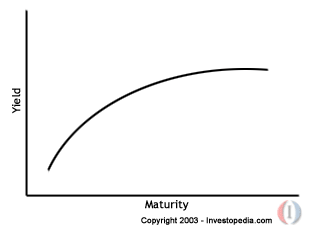
Warren Buffett is an inspiration to investors, he is someone that all investors should have high respect for. Buffett is an investor that is certainly worth studying and he is certainly deserving of the “highest form of flattery, mimicking.” The benefits of understanding Buffett and following his maxims are never ending.
All that said, I consider Buffett to be perhaps the most dangerous person to investors. Whence the title of this post. The reason Buffett is so incredibly dangerous to most investors is that he is often asked “what do you think typical retail investors should do?” His reply is always short, straightforward, and logical. It typically involves buying into an index fund (usually an S&P fund) and holding for a long period of time.
The problem with this is that Buffett is speaking from what “he” would do if “he” were a typical investor. Buffett is always logical, he separates emotions from his investments, and he is a master at seeing the big long-term picture. Buffett ignores the noise of today and sticks to his plan.
The problem though is that overwhelmingly your typical investor is not able to do any of those things, as shown by countless studies and statistics. My own personal experience dealing with clients confirms this also. Even investors that hire a professional money manager typically change managers multiple times over what are short-term investment periods.
It is not easy sticking to any plan, and it is definitely not easy sticking with a true indexing plan. It requires an great deal of discipline that Buffett certainly has, but many investors lack.
Following Buffet’s advice can and will work, but know that when go for it, you will be entering The Danger Zone.
Looking at valuations, the P/E on next year’s S&P 500 earnings estimate is 16.2. That is right in line with the S&P long-term average of 16. That on its face seems bullish to many investors, that stocks are “not overbought” so to speak. Remember though, that 16 is the long-term average P/E meaning it is taking into account bear markets and bull markets.
Average returns for stocks are, in actuality, very unusual. The same is true with valuations. Bull markets are inherently above average, and we should expect the valuations to be the same. The fact that 6 years into a bull market and P/E is not into the 20s (above average), to me indicates there still may be a lot of room for stocks to run.

Every week there is discussion about the Fed, and when they will interest rates or if they ever will raise rates. Here’s what I think.
Rates will eventually rise. Rates will eventually “normalized” levels. Wow, groundbreaking stuff Sherlock Holmes. More important than when it happens is what that means for investors.

